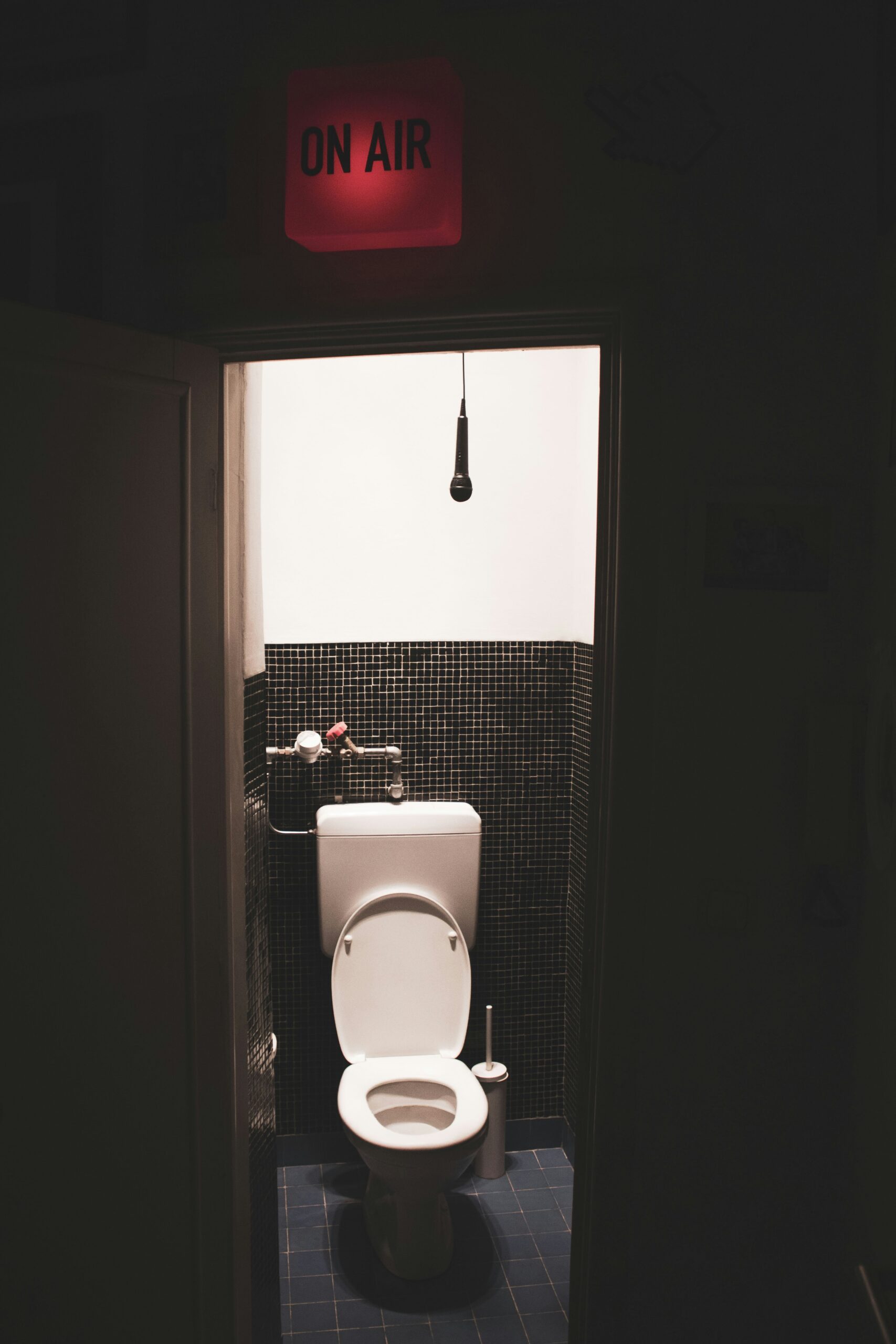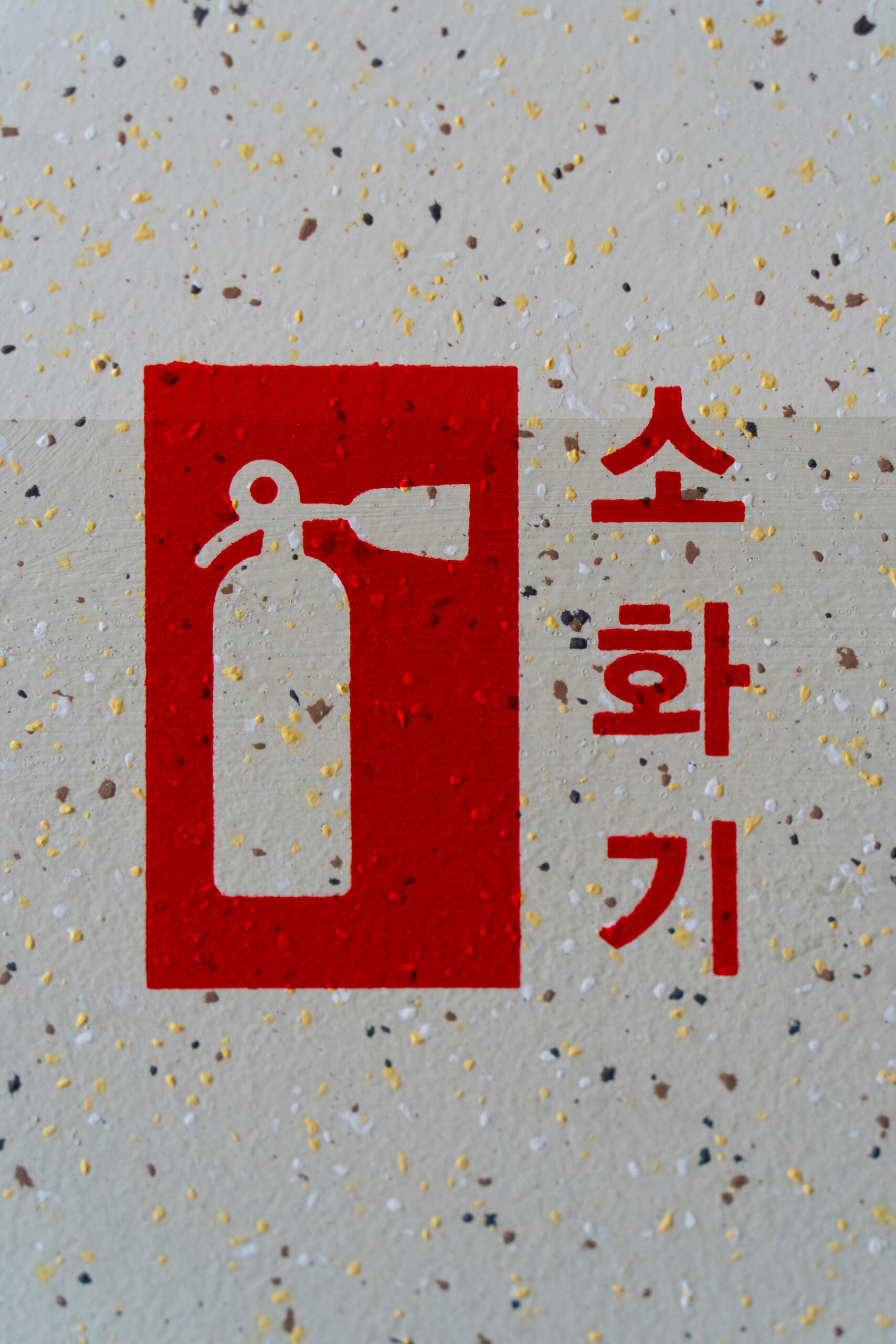Can Certain Medical Conditions Cause Strong-smelling Urine?
Have you ever noticed a change in the way your urine smells? Perhaps it was more pungent or had a distinct odor you’ve never encountered before. This might lead you to wonder if there is a medical reason behind it. It’s natural to be curious because the odor of your urine can indeed be linked to various health conditions. Let’s embark on a journey to uncover whether certain medical conditions can cause strong-smelling urine and why it might happen.
Understanding the Nature of Urine
Urine is a natural waste product of your body’s metabolism. It includes water, salts, and chemicals like urea and uric acid. Typically, it has a mild odor, which can sometimes vary based on factors such as diet, hydration, and medication. But what if you notice an unusually strong smell? Understanding the nature of urine is the first step to unraveling the potential causes behind this phenomenon.
What Causes Urine Smell?
At a basic level, urine odor results from the breakdown of substances within your body. When your body metabolizes food, drinks, and medications, the byproducts are excreted as urine. These byproducts can have different smells, ranging from slightly sweet to sharp and pungent. Still, maintaining a balanced diet and adequate hydration can help mitigate strong urine smells in healthy individuals.
Diet and Medications: Non-Medical Causes of Strong-smelling Urine
Before jumping to medical conclusions, it’s crucial to consider other factors that might influence urine odor, such as diet and medications. What you consume can significantly impact urine odor, as can certain medications.
Dietary Factors
Certain foods are well-known for their ability to cause strong-smelling urine. Ever eaten asparagus and noticed a suddenly different aroma? That’s because asparagus contains asparagusic acid, which metabolizes into sulfur-containing compounds that create a distinctive smell. Similarly, foods high in sulfur, like garlic and onions, or even coffee, may alter urine odor.
Here’s a table to summarize the common food culprits:
| Food | Component Causing Smell | Description of Odor |
|---|---|---|
| Asparagus | Asparagusic acid | Strong, sulfur-like |
| Coffee | Metabolite byproducts | Unique, rich smell |
| Garlic and Onions | Sulfur compounds | Pungent, sulfurous |
| Fish and Seafood | Trimethylamine | Fishy, strong |
Medications and Supplements
Several medications and supplements could also be to blame for strong-smelling urine. If you’re undergoing treatment or are on certain vitamins, your medication could be a contributing factor. Antibiotics, some vitamin supplements (especially B vitamins), and medications for managing diabetes can sometimes alter urine odor.

Common Medical Conditions Associated with Strong-smelling Urine
Moving on to the crux of the discussion, certain medical conditions can indeed cause your urine to have a strong smell. Recognizing these conditions is crucial as they might require medical attention. Let’s delve into the most common causes.
Urinary Tract Infections (UTIs)
One primary suspect when it comes to foul-smelling urine is a urinary tract infection (UTI). These infections occur when bacteria enter the urinary tract and multiply, leading to symptoms like burning sensation during urination, cloudy urine, and—crucially—a strong ammonia-like smell. The bacteria responsible for the infection produce chemicals that lead to noticeable changes in urine odor.
Diabetes and High Blood Sugar
Individuals experiencing unmanaged diabetes might notice their urine smelling unusually sweet. This sweetness is due to excess sugar in the urine, a condition known as glycosuria. When blood sugar levels are high, the body attempts to rid itself of excess sugar through urine, leading to a significant change in smell.
Dehydration
Strong-smelling urine doesn’t always indicate an infection; sometimes, it’s simply a sign of dehydration. When you’re not drinking enough water, your urine becomes more concentrated with waste products, potentially giving it a stronger ammonia odor. Sufficient hydration can dilute these waste products, reducing the smell.
Liver Disease
The liver is integral to metabolizing proteins and detoxifying the blood. When it’s not functioning correctly, such as in the case of hepatitis or cirrhosis, waste products can accumulate in the body. This excess leads to changes in the odor of urine, often rendering it offensive or musty.
Ketogenic Diet or Low-Carb Diets
Those on a ketogenic or low-carb diet may note changes in urine smell due to increased ketone production. When your body shifts from using glucose to breaking down fat for energy, it produces ketones, which can contribute to a fruity or acetone-like smell in urine.
Kidney Stones
Kidney stones can be a painful and concerning condition. Aside from pain, these stones can cause an unusual urine odor as they can lead to urinary tract blockages and infections, resulting in a stronger and often foul-smelling urine.
Metabolic Disorders
Although rarer, certain metabolic disorders can affect urine smell. Conditions like maple syrup urine disease or phenylketonuria (PKU) are genetic disorders where specific amino acids are not processed correctly, leading to distinct urine odors. These disorders often require specific dietary management to mitigate symptoms, including urine odor.
Cystitis and Bladder Infections
Like UTIs, bladder infections can lead to strong-smelling urine. The bacteria involved in these infections can produce ammonia-like odors similar to those seen with UTIs. Treatment typically involves antibiotics, and successfully addressing the infection often resolves the odor issue.
Diagnosing Strong-smelling Urine
If you’re concerned about the smell of your urine, a healthcare professional can help identify the underlying cause. Diagnosing the reason for strong-smelling urine often involves discussing your symptoms, dietary habits, and recent medications or supplements.
Medical History and Physical Examination
A thorough medical history and a physical examination are initial steps. Your healthcare provider will ask about other symptoms you’re experiencing, any dietary changes, and any medications or supplements you take.
Urine Tests
Urine tests are essential for diagnosing issues related to urine smell. A urinalysis can identify excess proteins, glucose, ketones, or bacteria, providing clues to potential health concerns. Infections can be diagnosed by identifying specific bacteria, and a sensitivity test can determine an appropriate antibiotic for treatment.
Blood Tests
In some cases, blood tests may be necessary. These tests can help assess liver and kidney function, blood sugar levels, and even specific genetic markers related to metabolic disorders. They play an essential role in ruling out potential causes beyond urinary infections.
Imaging Studies
If stones or structural abnormalities are suspected, imaging studies like ultrasounds or CT scans might be required. These diagnostic tools help visualize the urinary tract and can locate blockages or stones that may cause changes in urine odor.

When to Seek Medical Attention
Understanding when to seek medical attention for strong-smelling urine is crucial. While changes can result from benign causes like diet or dehydration, persistent or extreme symptoms warrant further investigation.
Red Flag Symptoms
- Cloudy or discolored urine
- Blood in urine (hematuria)
- Intense pain during urination
- Pain in the lower abdomen or back
- Persistent or recurring strong-smelling urine
- Any signs of dehydration like dark urine or dizziness
If you notice any of these symptoms alongside strong-smelling urine, it’s a good idea to contact a healthcare provider. These symptoms can indicate underlying health issues that require medical intervention.
Mitigating Strong-smelling Urine
If your urine odor is bothersome yet benign, such as those caused by dietary factors or slight dehydration, there are practical steps you can take to mitigate it.
Staying Hydrated
Adequate hydration can significantly impact the concentration and odor of your urine. Make sure you are consuming enough water throughout the day, particularly if you’re active or live in a warm climate.
Monitoring Diet
If your diet includes foods known for strong odors, consider moderating their intake. For example, reducing asparagus or garlic consumption might help alleviate urine odor if it’s troublesome to you.
Reviewing Medications
Consult with your healthcare provider about any medications or supplements you are taking if they lead to strong-smelling urine. There may be alternatives that have less impact on urine odor.
Managing Health Conditions
For medical conditions causing strong-smelling urine, adherence to prescribed treatment plans is essential. Managing diabetes, for instance, can help control blood sugar levels, reducing the risk of sweet-smelling urine.

Conclusion
While occasionally strong-smelling urine might not be cause for alarm and could result from diet or minor dehydration, consistent or overwhelming odors should not be ignored. They might signal an underlying health issue that requires attention. Knowing when and how to address these concerns is pivotal in maintaining optimal health. Always reach out to healthcare professionals when there’s uncertainty, as their guidance is invaluable in navigating these aspects of health.

